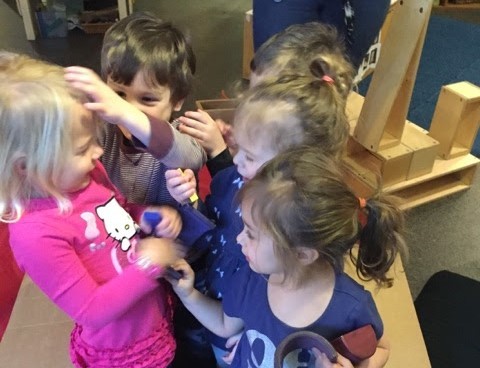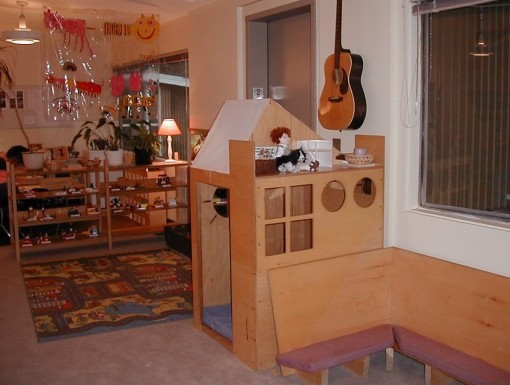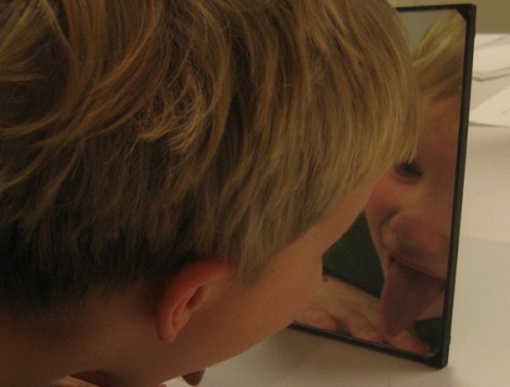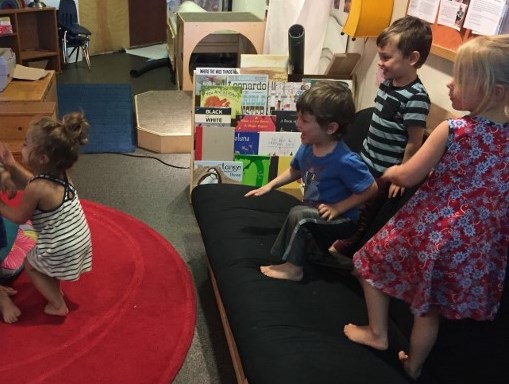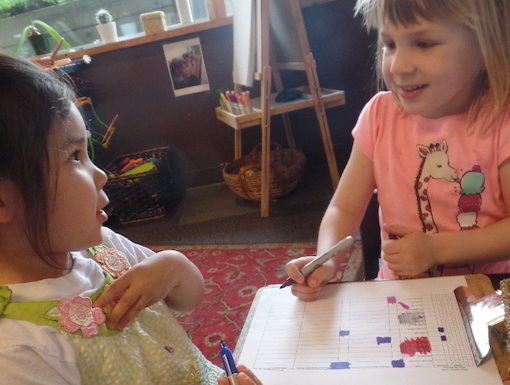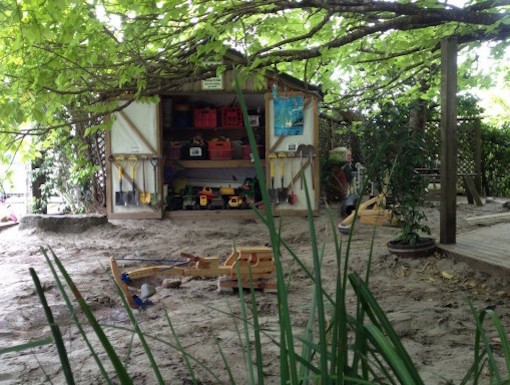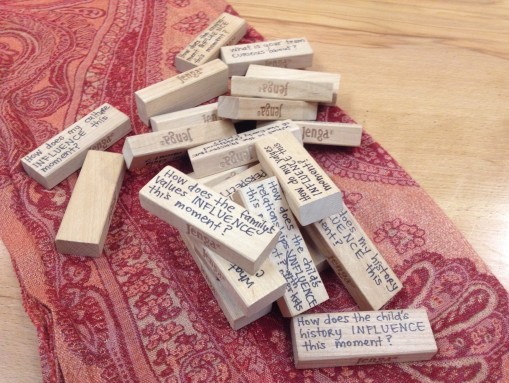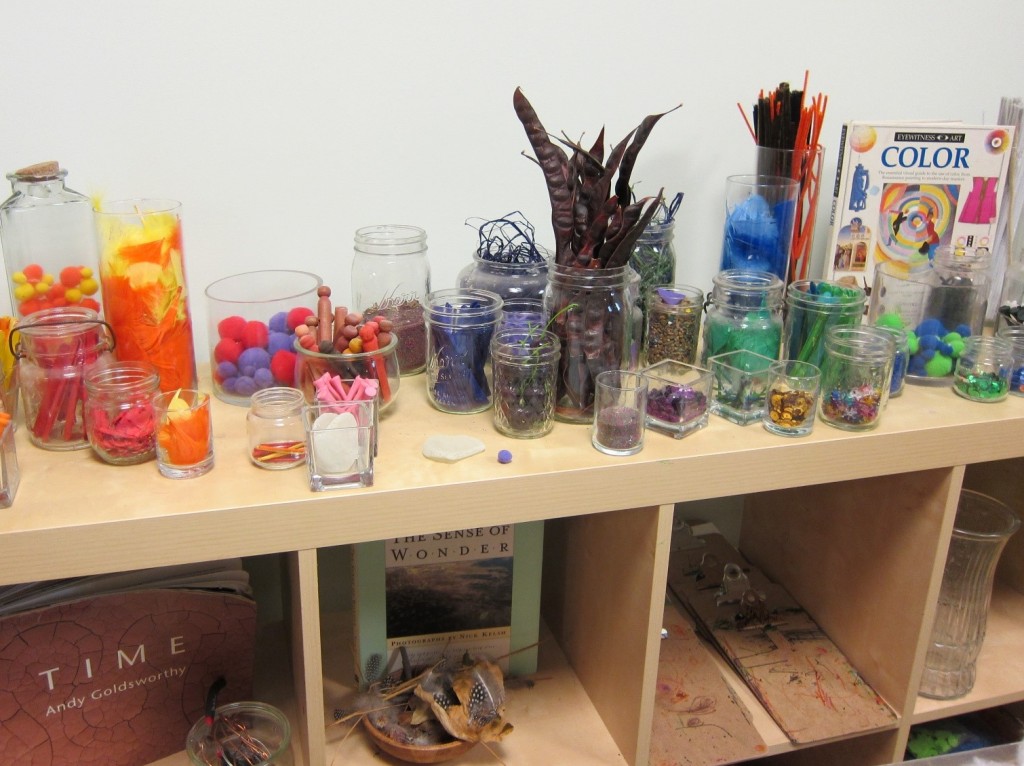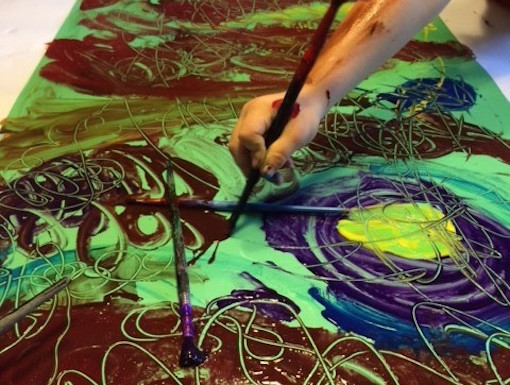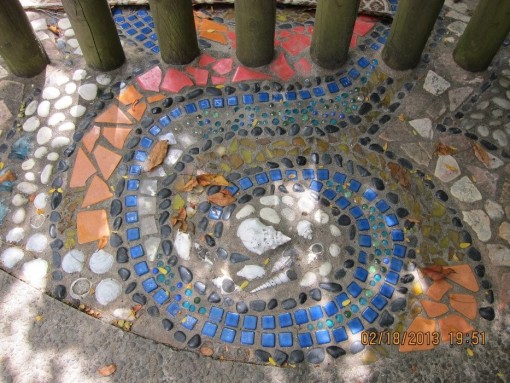Guiding children through conflict helps them cultivate ideas about fairness and equity, and deepens their feelings around identity, empathy, and emotional intelligence. We can all agree that there is huge value in this endeavor for children and adults alike. The big question that comes up is how and when to step in to help solve a conflict.
